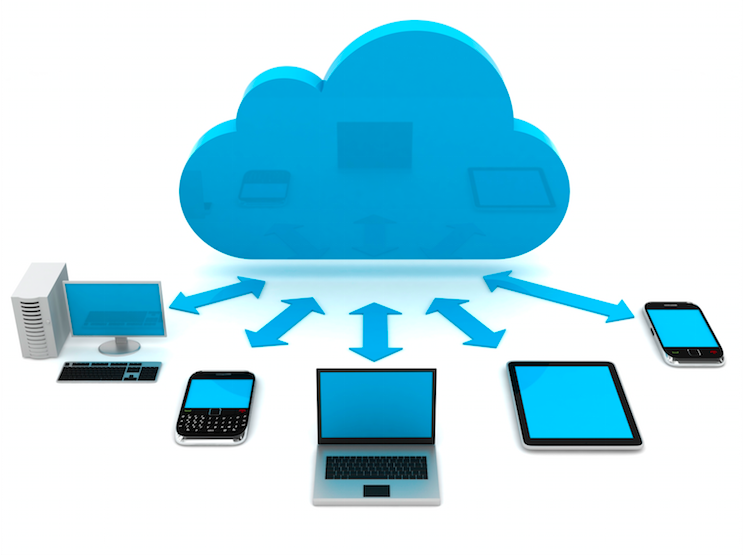Technology is changing the working world around us, constantly affecting how businesses and individuals work.
Some of these developments have led to increased autonomy and flexibility for workers, which also benefits businesses. Others have created more flexible services for the benefit of consumers: as the SAP experts Eursap have revealed on their blog, configuring same-day delivery has become easily achievable as opposed to a fantasy.
Both of these examples illustrate how we are increasingly employing the various services of technology to enhance and streamline processes. As this trend continues, it’s more than likely that we’ll see technology taking on roles that encroach on traditional human occupations.
It could be tempting to think that technology will restrict career options. Indeed, many job roles have been replaced by an algorithm or a robotic arm. But many technology-affected industries are reshaping their job roles to embrace technology and a new way of working.
Here are some of the main job roles that are being affected by the digital shift.
Classroom trainers
E-learning has affected work-based learning in a big way. The acquisition of Lynda by LinkedIn raised the popularity of the platform last year, highlighting the shift many businesses are taking towards online learning platforms.
However arguments have been raised that such learning is not as effective as a real-world environment. Activia Training have stated that participants do not benefit from the same interaction and concentration provided by a classroom. People and businesses that work in the classroom training industry cannot ignore the rise of online learning, but they can benefit from it.
What some businesses are starting to do is to combine the two. By integrating a real-world learning experience with online notes, resources or refresher quizzes, businesses can maintain the engagement needed for effective learning.
Business Translators
Translation machines have advanced tenfold in the last twenty years. A BBC World Service show discussed the possibility of translation software overtaking human translators. However there is a certain amount of nuance needed in translation that is not yet achievable with software.
Translators moving with the digital revolution are finding themselves in a job role that’s becoming far more efficient. Translation Memory tools, which London Translations describes as software that can ‘automatically manage preferred vocabulary and specialist terminology by presenting the client’s preferred terms to the translator’, are allowing work to be done quickly, and finely tuned by a human translator.
This means that translators will have to become highly specialised in different areas of business and that good translators will provide excellent localisation whilst being able to work to tight deadlines.
Accountants in the cloud
Cloud accounting and accounting software has cut down the time that accountants have to spend analysing financial data and organising it. Because of this, their role grown into a more technologised one.
This is particularly true for outsourced accountancy: cloud software is far more convenient for businesses who don’t have the time to attend meetings with their accountant. 3 Wise Bears, contractor accountant specialists, advocate the use of software like FreeAgent and Xero for the ease of having real-time information on the go.
Accountants making use of this technology can take on a more focussed role for their clients, acting more like financial advisers with highly specialised knowledge within industries or types of work.




